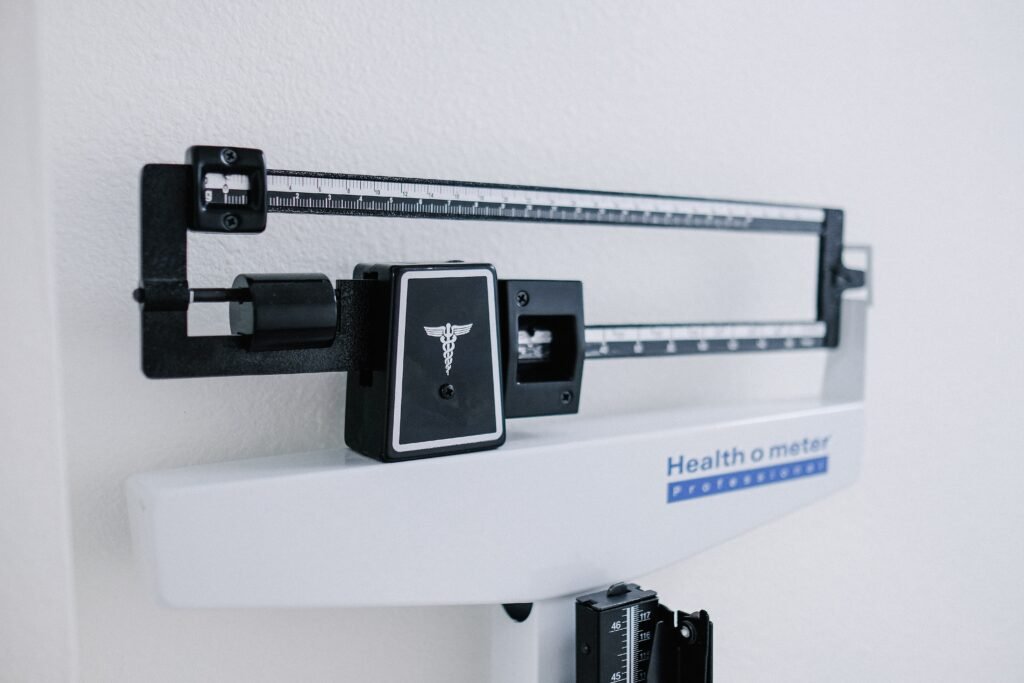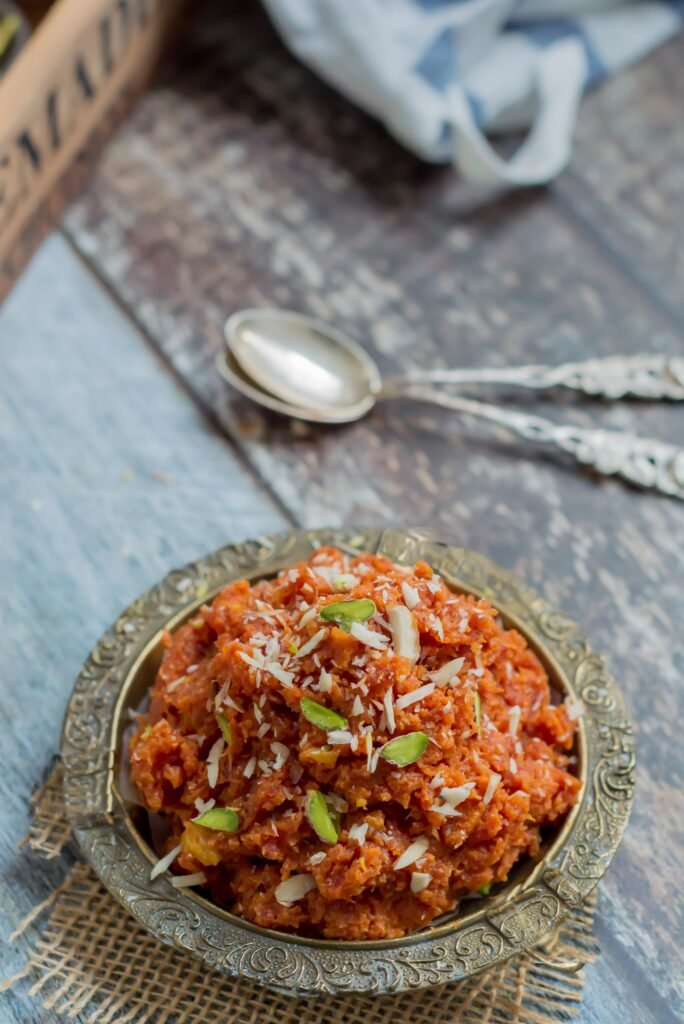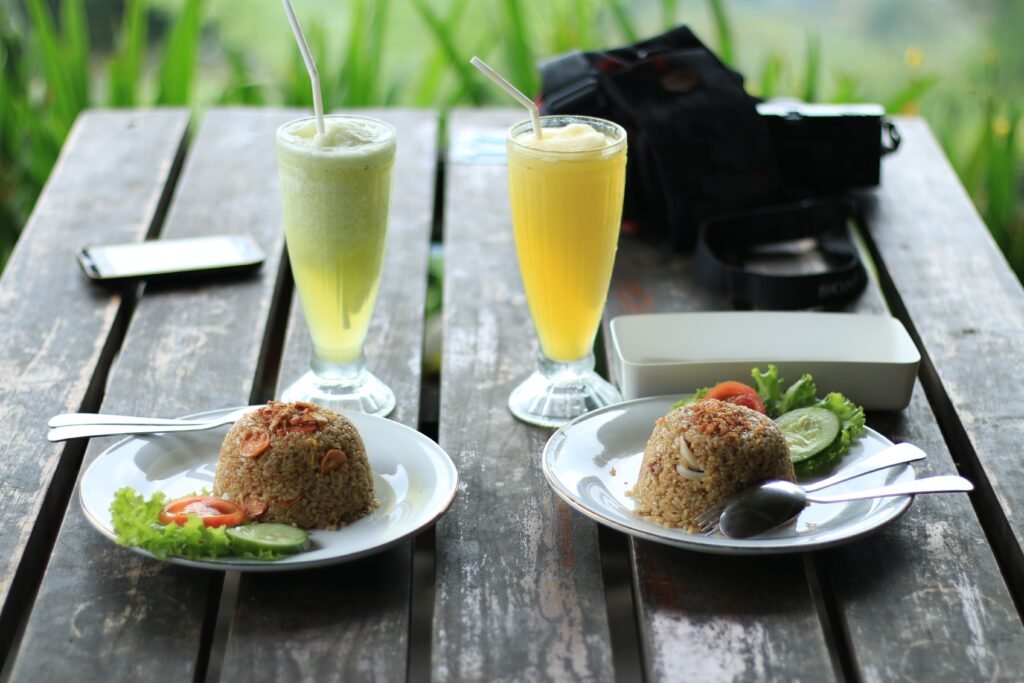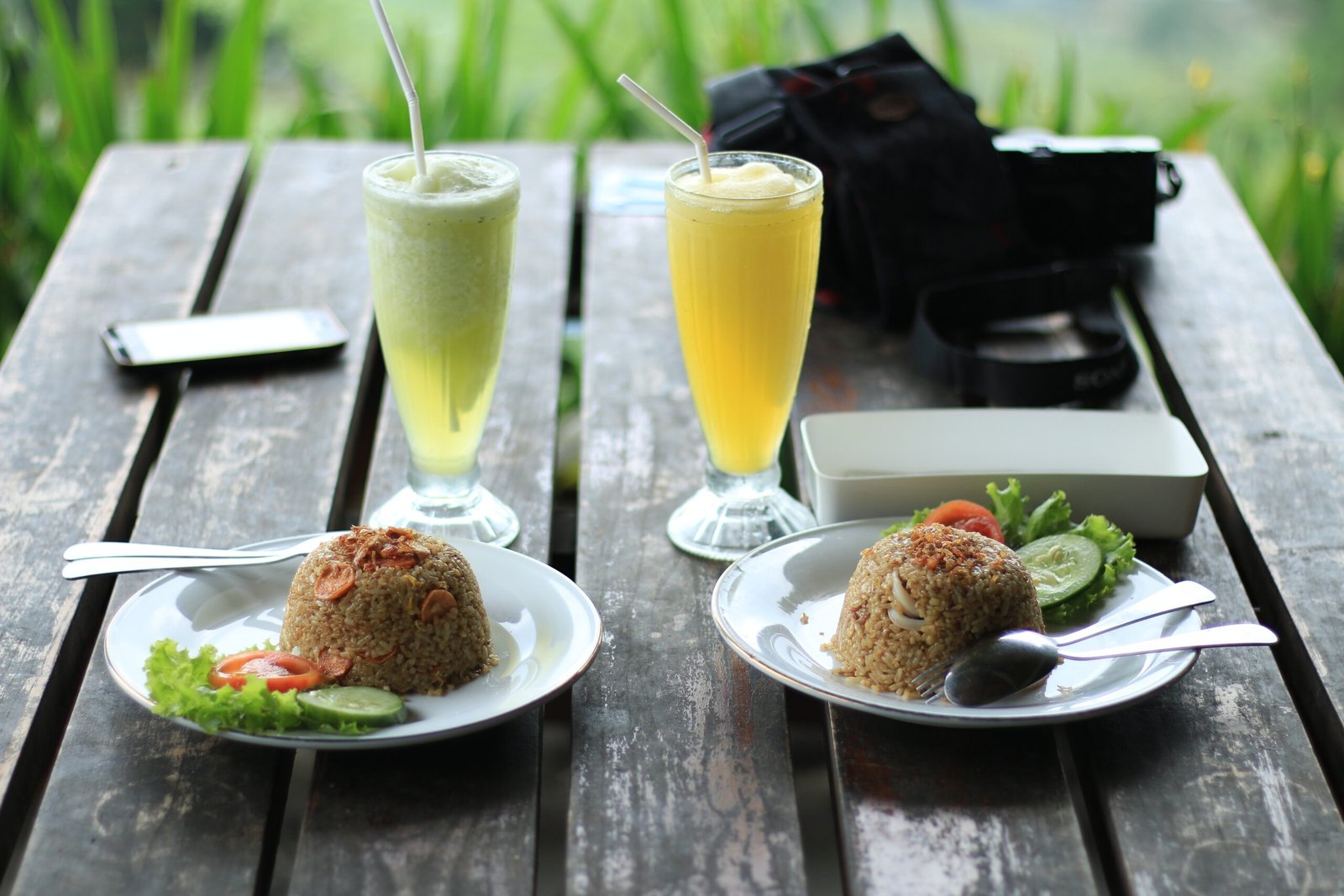It’s common knowledge that what you eat before bed can greatly impact your sleep quality and overall health. But if you’re one of the millions of people living with diabetes, choosing the right nighttime snack becomes even more crucial. In this article, we’ll explore the best food choices for diabetics before hitting the hay, ensuring a restful night’s sleep and stable blood sugar levels. So, if you’ve ever wondered what you should be reaching for in your late-night pantry raid, keep reading to discover some delicious and diabetic-friendly options.

Importance of Nighttime Nutrition for Diabetics
Why is nighttime nutrition important for diabetics?
Nighttime nutrition plays a crucial role in managing blood sugar levels for diabetics. While it is essential to focus on healthy eating throughout the day, what you consume before bedtime can have a significant impact on your glucose levels. By choosing the right foods and making mindful decisions, you can ensure better blood sugar control and overall well-being.
The impact of bedtime snacks on blood sugar levels
Bedtime snacks can help stabilize blood sugar levels overnight, preventing potentially dangerous spikes or drops. When you go for an extended period without eating, such as during sleep, your body can release stored glucose to maintain blood sugar within a healthy range. Choosing a well-balanced snack can provide your body with a slow and steady release of glucose throughout the night, ensuring you wake up with stable blood sugar levels.
Factors to Consider Before Choosing a Bedtime Snack
1. Current blood sugar levels
Before deciding on a bedtime snack, it is important to check your current blood sugar levels. If your levels are too high, you may need to opt for a smaller portion or choose lower-carbohydrate snacks. On the other hand, if your levels are on the lower side, you may need to include a snack with a moderate amount of carbohydrates to prevent hypoglycemia during the night.
2. Activity level during the day
Consider your activity level during the day when selecting a bedtime snack. If you engaged in a physically demanding activity or exercised close to bedtime, your body may need more carbohydrates to replenish glycogen stores. However, if you had a sedentary day, a lighter snack with fewer carbohydrates may be sufficient.
3. Type of diabetes medication
The type of diabetes medication you are taking can also influence your choice of bedtime snack. Some medications, such as insulin or certain oral hypoglycemic agents, may require you to consume carbohydrates to prevent hypoglycemia. Consult with your healthcare professional to understand any specific guidelines or restrictions associated with your medication.
4. Caloric intake and weight management
If weight management is a concern for you, it is crucial to consider the caloric content of your bedtime snack. While it is essential to prevent blood sugar fluctuations during the night, consuming excessive calories can contribute to weight gain. Opt for portion-controlled snacks or choose options that are lower in calorie while still providing adequate nutrients.
5. Individual preferences and cravings
Your individual preferences and cravings should also be taken into account when choosing a bedtime snack. Enjoying a snack that you genuinely like can make it easier to stick to your dietary plans. Explore various options and experiment with flavors to find snacks that satisfy your taste buds while maintaining healthy blood sugar levels.
Choosing the Right Carbohydrates
Understanding the glycemic index
The glycemic index (GI) is a scale used to measure how quickly certain carbohydrates raise blood sugar levels. Diabetics must prioritize carbohydrates with a low or moderate glycemic index value to prevent rapid spikes in glucose. Foods with a lower GI value tend to be slower to digest and absorb, providing a sustained release of glucose into the bloodstream.
Importance of slow-digesting carbohydrates
Slow-digesting carbohydrates are especially beneficial before bedtime for diabetics. These types of carbohydrates are not rapidly broken down and absorbed, resulting in a slower and more stable release of glucose. Slow-digesting carbohydrates can help maintain steady blood sugar levels throughout the night, reducing the risk of hypoglycemia or hyperglycemia.
Examples of low glycemic index foods
When choosing carbohydrates for your bedtime snack, consider including options with a low glycemic index. Some examples of low GI foods include whole grains, such as oatmeal or quinoa, legumes like lentils or chickpeas, and non-starchy vegetables such as broccoli or spinach. Incorporating these foods into your nighttime snack can provide you with sustained energy and minimize blood sugar fluctuations.
Protein Options for Bedtime
The role of protein in managing blood sugar
Protein is an essential component of a well-rounded diet for diabetics. When consumed with carbohydrates, protein can help slow down the absorption of glucose into the bloodstream. This can contribute to more stable blood sugar levels and prevent rapid spikes. Additionally, protein-rich snacks can help promote feelings of fullness, reducing the likelihood of late-night cravings or overeating.
Protein-rich snacks to consider
When planning your bedtime snack, it is important to include a source of protein. Greek yogurt, for example, is an excellent choice as it is low in carbohydrates and packed with protein. Pairing it with a handful of mixed berries adds natural sweetness and fiber. Other protein-rich options may include a small handful of almonds with a small apple, vegetable sticks with hummus, or whole grain crackers with cottage cheese. These snacks provide a balanced combination of protein, carbohydrates, and other nutrients to keep your blood sugar stable through the night.

Healthy Fat Choices Before Bed
The benefits of incorporating healthy fats
Including healthy fats in your bedtime snack can be beneficial for diabetics. While fats do not directly impact blood sugar levels, they can slow down digestion and help promote satiety. Healthy fats can provide a source of long-lasting energy and prevent spikes in blood sugar. Additionally, certain types of fats, like monounsaturated fats, have been associated with improved insulin sensitivity.
Examples of healthy fat sources
When selecting healthy fats for your bedtime snack, choose options such as avocado, nuts, seeds, or natural nut butter. Avocado slices paired with hard-boiled eggs can create a satisfying and nutrient-dense snack. Alternatively, a small portion of almonds or a spoonful of almond butter with a slice of whole grain bread can provide the right balance of healthy fats and carbohydrates.
Including Fiber in Your Bedtime Snack
How fiber aids in blood sugar regulation
Fiber is an essential component of a diabetic-friendly bedtime snack. It slows down digestion, which can help prevent sudden rises in blood sugar levels. Additionally, fiber adds bulk to your snack, promoting feelings of fullness and reducing the likelihood of overeating. Regular consumption of fiber has also been linked to improved glycemic control and reduced risk of cardiovascular diseases.
Fiber-rich snack ideas
Incorporating fiber into your bedtime snack can be as simple as including fruits, vegetables, or whole grain products. A small bowl of Greek yogurt with mixed berries provides not only protein but also fiber from the berries. Alternatively, you can enjoy vegetable sticks, such as carrots or bell peppers, with a side of hummus for a satisfying and fiber-packed snack. Whole grain crackers with cottage cheese can also be a great option, as whole grains are naturally high in fiber.

Snack Ideas for Diabetics
Here are some healthy snack ideas for diabetics to consider before bedtime:
1. Greek yogurt with mixed berries
Pair a serving of Greek yogurt with a handful of mixed berries for a protein-rich, fiber-packed, and satisfying bedtime snack. The combination will provide a slow and steady release of glucose into your bloodstream, ensuring your blood sugar remains stable through the night.
2. Almonds and a small apple
A small handful of almonds and a crisp apple can offer a balance of healthy fats, protein, and carbohydrates. The fiber in the apple combined with the protein and healthy fats in almonds can help maintain blood sugar levels while satisfying your hunger.
3. Vegetable sticks with hummus
Enjoy a colorful assortment of vegetable sticks, such as carrots, cucumbers, or bell peppers, with a side of hummus. The vegetables provide essential vitamins, minerals, and fiber, while the hummus adds protein and healthy fats. This combination makes for a well-rounded and satisfying bedtime snack.
4. Whole grain crackers with cottage cheese
Whole grain crackers topped with cottage cheese can be a nutritious and delicious bedtime snack. The whole grain crackers offer complex carbohydrates and fiber, while the cottage cheese provides protein. This combination will fuel your body throughout the night and keep your blood sugar levels steady.
5. Hard-boiled eggs with avocado slices
Hard-boiled eggs accompanied by slices of creamy avocado can create a protein and healthy fat-packed snack. Eggs are an excellent source of protein, while avocados offer monounsaturated fats and fiber. This snack will keep you satisfied, provide essential nutrients, and help maintain stable blood sugar overnight.
Practical Tips for Nighttime Snacking
Timing your snack properly
To optimize the benefits of nighttime snacking, it is important to time your snack properly. Having your snack approximately one to two hours before bedtime allows your body enough time to digest and process the food, contributing to stable blood sugar levels throughout the night.
Portion control and portion sizes
When it comes to nighttime snacking, portion control is key. Be mindful of your portion sizes and opt for smaller portions to prevent overeating. Measuring your snacks or using smaller plates can help you control your portion sizes and avoid excessive calorie intake.
Avoiding high-sugar snacks
It is crucial to steer clear of high-sugar snacks before bedtime. Foods high in refined sugars can cause rapid spikes in blood sugar levels, leading to potential complications for diabetics. Instead, focus on incorporating balanced snacks that include a combination of carbohydrates, protein, healthy fats, and fiber to stabilize your blood sugar levels.
Monitoring blood sugar levels before and after
Monitoring your blood sugar levels before and after your bedtime snack can provide valuable insights into how different foods affect your glucose levels. By keeping a record of these readings, you can identify trends, make appropriate adjustments to your snack choices, and maintain better blood sugar control.
Consulting with a healthcare professional
It is always recommended to consult with a healthcare professional, such as a registered dietitian or your primary care physician, before making any significant changes to your diet or bedtime snacking routine. They can offer personalized guidance, taking into account any specific health conditions or medications you may have.
Precautions and Considerations
Individualized approach to bedtime snacks
Diabetes management is highly individualized, and the same applies to bedtime snacks. What works for one person may not work for another. It is important to understand your own body and its unique response to different foods. Experimentation and monitoring your blood sugar levels can help you determine the most suitable bedtime snacks for yourself.
Adjusting diabetes medication accordingly
If you are using any diabetes medication, keep in mind that adjusting your bedtime snack may require adjustments in your medication dosage or timing. Certain medications, such as insulin, may need to be modified to account for any changes in your eating patterns. Always consult with your healthcare professional before making any adjustments to your medication regimen.
Monitoring for any adverse effects
While bedtime snacks can be beneficial for most diabetics, it is crucial to monitor for any adverse effects. Pay attention to how your body responds to certain foods and be aware of any symptoms like elevated blood sugar levels or gastrointestinal issues. If you experience any concerning symptoms, make sure to consult with your healthcare professional.
Long-term impact on blood sugar control
Consistency and adherence to a healthy overall diet should be prioritized in managing blood sugar control in the long term. Although bedtime snacks can assist with maintaining stable blood sugar levels, they should be seen as part of a comprehensive approach to diabetes management. Ensure your meal planning, physical activity, and medication routines are all aligned to support your overall well-being.
Conclusion
When it comes to managing diabetes, nighttime nutrition should not be overlooked. Choosing the right bedtime snack can help stabilize blood sugar levels, prevent complications, and improve overall health. Consider your current blood sugar levels, activity level during the day, diabetes medication, caloric intake, and individual preferences when selecting a snack. Including carbohydrates with a low glycemic index, protein, healthy fats, and fiber can contribute to stable blood sugar levels throughout the night. Experiment with various options and timings, and consult with a healthcare professional for personalized guidance. By giving importance to nighttime nutrition, you can take control of your diabetes and maintain a balanced overall diet.

